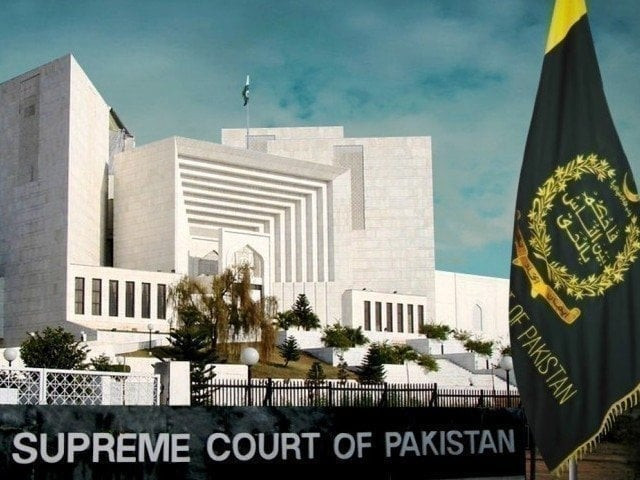Islamabad:
The Supreme Court has called for transformative reforms that integrate technological innovation, administrative restructuring and disciplined cases to ensure rapid elimination of business.
In a four -page judgment written by judge Syed Mansoor Ali Shah, given by hearing a case contesting the auction of a real estate property, the Supreme Court stressed that the judiciary should be based on global lessons and engage in transformative reforms.
“The courts must evolve towards opportunities of justice, transparent and focused on citizens,” said the decision.
The auction in question occurred in 2011 and the petitioner raised objections the same year, which were rejected. An appeal was filed before the High Court, where he persisted for ten years, leading to a decision in 2021.
The case then reached SC in 2022 and was discussed now, three years later, in 2025.
The judgment noted that judicial systems around the world have recognized that delay is not an insoluble inevitability but a resoluable institutional challenge.
“Countries like Singapore, the United Kingdom, Brazil, Estonia, Canada, China, Denmark and Australia have undertaken complete reforms combining technology, structural innovation and procedural discipline to reduce backlog and improve legal efficiency,” said the court.
“Thanks to tools such as electronic deposit, real -time dashboards, automated planning and transparent digital surveillance, these jurisdictions have passed from passive depositions of dockets to active managers of the delivery of justice. This international experiences highlight a fundamental truth: delays in justice are not inevitable;
Judge Shah observed that the delay in arbitration has serious macroeconomic and societal consequences. “He dissuades investments, makes the contracts illusory and weakens the institutional legitimacy of the judiciary.”
“The credibility of a judicial system is based not only in the fairness of its decisions, but also on the speed with which these decisions are rendered.”
He also noted that the question was not simply administrative, but was also constitutional, stressing that the right of access to justice was guaranteed by articles 4, 9 and 10A of the constitution of the Islamic Republic of Pakistan, 1973.
“He encompasses in him the right to a just and appropriate trial. The delay which makes an ineffective remedy or a good illusory is equivalent to a denial of justice. Justice, to be real, must be both fair and in a timely manner.”
The judgment also stressed the extent of the problem. “It is relevant to emphasize that more than 2.2 million cases are currently pending before the courts of Pakistan, including around 55,941 cases before this court, despite improving the number of judges in court. These figures are not abstract; they represent the disputes suspended in time.”
The court noted that the delay is not simply the result of a congestion of the file or the ineffectiveness in the branch; This is a deeper structural challenge of judicial governance.
“The Court, in matters of institutional policy and constitutional responsibility, must move urgent to a framework for the management of modern, responsive and intelligent cases.”
“Such a system must, at least, ensure: the early fixation of cases on a non -discriminatory basis; elimination of the planning of” queue “and preferential; the prioritization of questions involving constitutional, economic or national importance without automatically compromising the dormant resolution; (‘AI’) tools to help planning and sorting while preserving the sacred nature of the judicial discretion.”
In this case, the Court noted that the petitioner’s appeal had remained pending before the high court for ten years.
“It is beyond Cavil that the delay in the courts of judgment of the courts of any level of the corrode judicial system the confidence of the public in the judiciary, undermines the rule of law and harms by disproportionately the weak and the vulnerable which cannot afford the cost of a prolonged dispute,” warned the judgment.




